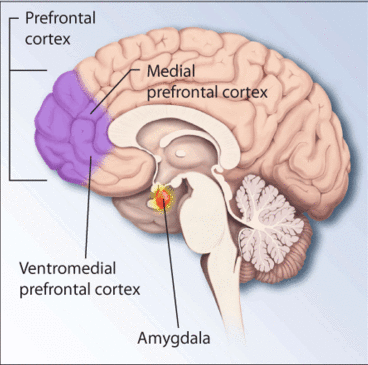
Doctors have found that children who have been in Intensive Care Units (ICUs) for sepsis have a significantly increased risk of Post-Traumatic Stress Disorder (PTSD), with around 1/3 showing PTSD symptoms. In some young people, these may persist for years following discharge. There is some evidence that these children have altered immune responses during their stay in ICU and this may be a risk factor for later PTSD symptom development, but this needs to be confirmed.
Sepsis is a potentially life-threatening condition caused by the body’s immune system reacting to overwhelming to infection. It can lead to septic shock, damage to major organs, a rapid and potentially fatal blood pressure drop, and needs immediate hospital treatment.
Between 2010 and 2017, researchers from St Mary’s Hospital and Imperial College in London followed up 69 young patients (all older than 3 years, average age of 4.2 years, 48% male) who had been admitted to intensive care for treatment of sepsis. When reviewed at an average follow up time of 4.6 years later, 31% of the children showed signs of PTSD. In some cases PTSD symptoms were still evident up to 7 years after discharge. The results from the study also indicated that children who had experienced rapid increases in inflammation during their stay were at higher risk. The data was controlled for potentially misleading (confounding) factors, such as length of stay in intensive care, medications, etc.
Lead researcher, Dr. Georgina Corbet Burcher (Imperial College, London) said, “Young people survive critical illness at greater rates than ever before, but in some there is a high psychological price. PTSD symptoms can lead to long term effects on their mental health and wellbeing which persist in the absence of ‘physical’ after-effects. It appears that those who suffer from sepsis may be at particular risk for subsequent PTSD symptom development.
Recent studies indicate that PTSD affects around 7% of young people in the UK. On average, the risk is increased if a child has to spend time in an Intensive Care Unit, with around 20-30% of children overall showing symptoms at 3-12 months following discharge. This is the first study to look at the longer term endurance of symptoms after sepsis, indicating that they may persist in some children.
There’s many questions still unanswered-in particular why it is that sepsis might be a risk factor for later development of PTSD symptoms, which children are at risk of longer term symptoms and the potential mechanism behind the brain’s response to high levels of inflammation. . We also need to bear in mind that this is a small study in a single centre, so these findings need to be confirmed in other settings”.
Source: Read Full Article
